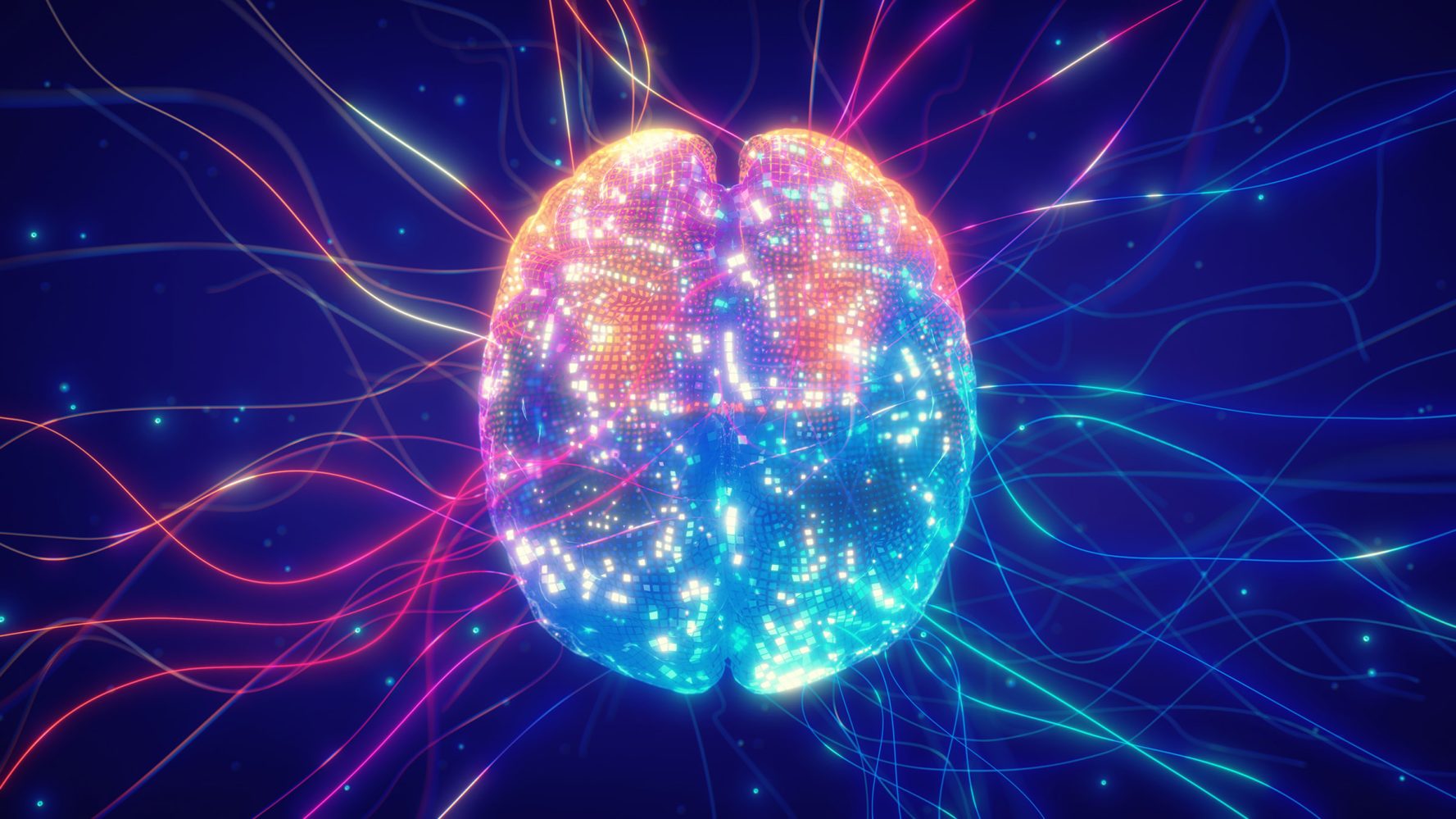A group of researchers made a significant breakthrough regarding our understanding of how the brain stores long-term memories. According to a new paper published in Science Advances, there appears to actually be a molecule that acts as a “glue” to hold the enzyme most vital for strengthening the synaptic connections responsible for memory storage.
The enzyme in question is known as PKMζ, or kinase Mzeta, and the “glue” responsible for anchoring it in place is known as KIBRA. The researchers say that the interaction between this molecule and this enzyme ensures that memories are not lost as the proteins in the brain degrade over time and then are regenerated.
Neuroscientists have long been trying to understand exactly how our brains process memories—specifically, how the brain stores long-term memories. Understanding these processes could help with a lot of different fields of research, including medical-related fields, such as finding the root cause of Alzheimer’s disease.
One reason we’ve always been a bit confused by all of this is because neurons store information like memories in the strength of synapses within our brains. However, the molecules and proteins in those synapses become unstable and degrade after just a few days. So, how exactly do we hold onto memories for such a long time?
Scientists have believed that interactions between certain molecules could be the key to how the brain stores long-term memories. But, they’d never figured out exactly how those puzzle pieces come together. Ultimately, some researchers like Todd C. Sacktor figured that PKMζ had to have a partner for memories to last so long.
And this new paper highlights that partnership in great detail, as well as the experiments behind their discovery. To see just how KIBRA and PKMζ react to each other, the researchers conducted a series of experiments using hippocampal slices taken from lab mice. This region of the brain is critical to memory storage, and looking at it more in-depth helped them see just how the molecular interactions between KIBRA and PKMζ work to store memories.
Now, whether this research could specifically lead to an Alzheimer’s cure is a whole other matter. However, a better understanding of how the brain stores long-term memories is sure to provide researchers with important information they just didn’t have before.
The post Researchers uncovered the ‘glue’ that holds memories together in our brains appeared first on BGR.
Today’s Top Deals
Today’s deals: Free LED smart bulbs, $64 off Black Titanium Apple Watch Ultra 2, $60 Keurig coffee maker, more
Today’s deals: $119 off iPad mini, $120 heated jackets, Energizer batteries, $30 Crock-Pot, more
Today’s deals: $18 portable power bank, $120 electric standing desk, $220 TP-Link WiFi 7 router, more
Best deals: Tech, laptops, TVs, and more sales
Researchers uncovered the ‘glue’ that holds memories together in our brains originally appeared on BGR.com on Sun, 27 Oct 2024 at 10:34:00 EDT. Please see our terms for use of feeds.
